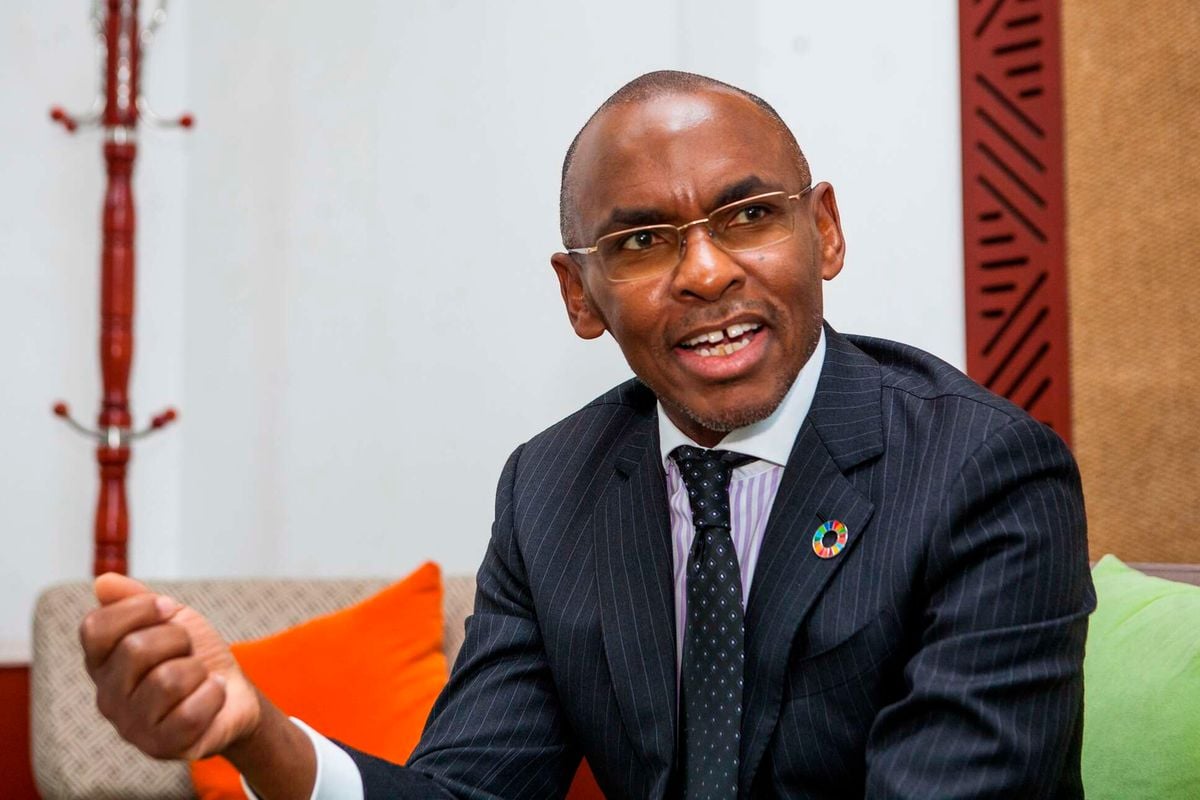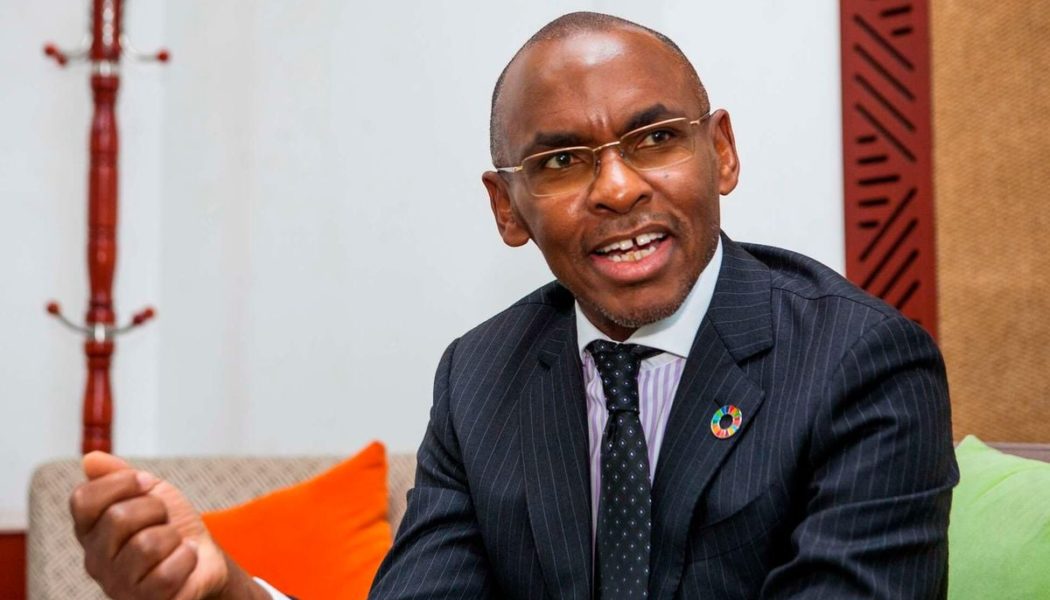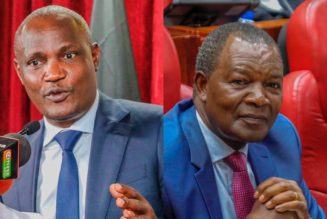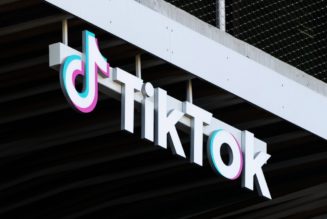
Safaricom projects up to Sh500 million in savings annually if a proposal to classify fibre optic networks as a critical infrastructure is passed into law.
The telco said that more than half of the disruptions to its over 17,000 kilometres fibre cable across the country are due to cuts during the construction of roads and buildings, costing it up to half a billion shillings annually on repairs and replacements.
Safaricom CEO Peter Ndegwa said that telcos applied to the ICT ministry and the Communications Authority of Kenya to add fibre network to the select public and private-owned infrastructure that the Protection of Critical Infrastructure Bill, 2024 seeks to grant special protection.
The Bill proposes security installations, transport networks, communication networks, and water systems be classified as critical infrastructure. The proposed law lists an infrastructure as critical if when damaged or destroyed would have a “debilitating impact on the security, economy, public health and safety of the country.”
Telcos are backing the bill and say adding fibre optic network to the list will see it get protection from rampant cuts that are disrupting the internet service but also costing them billions of shillings in repairs. Mr Ndegwa said Safaricom for instance incurs between Sh300 million to Sh500 million to fix damages caused by road constructions.
“Not so many people realise that half of the issues we face on home connections is due to fibre cuts due to constructions. It is one of the reasons as an industry we want fibre classified as critical infrastructure,” Mr Ndegwa said in an interview.
“Classifying it as critical infrastructure will mean fibre is protected by law and one can’t just interfere with it. Fibre needs to be factored in building code just like buildings leave space for water and electricity. We should be leaving space for fibre installation rather than us paying for wayleaves.”
The Bill proposes a fine of up to Sh10 million or imprisonment of up to 10 years or both in addition to the court ordering the convicted person to repair the damage occasioned to the critical infrastructure asset. Telcos believe this will significantly reduce cuts and vandalism.
Safaricom’s fibre optic footprint hit 17,000 kilometres at the end of March this year, marking a 21.4 percent growth from 14,000 kilometres in a similar period last year. Residential homes connected to fibre optic networks grew by 34.9 percent to 371,989.
Kenya’s fibre and the fixed wireless market has attracted over 60 internet service providers (ISPs), making the internet market very competitive as the players angle for millions of homes and businesses.
Mr Ndegwa says about 15 percent of homes and businesses are currently connected, leaving a lot of opportunities for ISPs to exploit.









